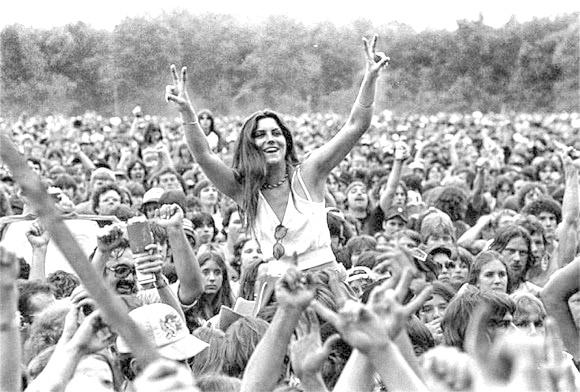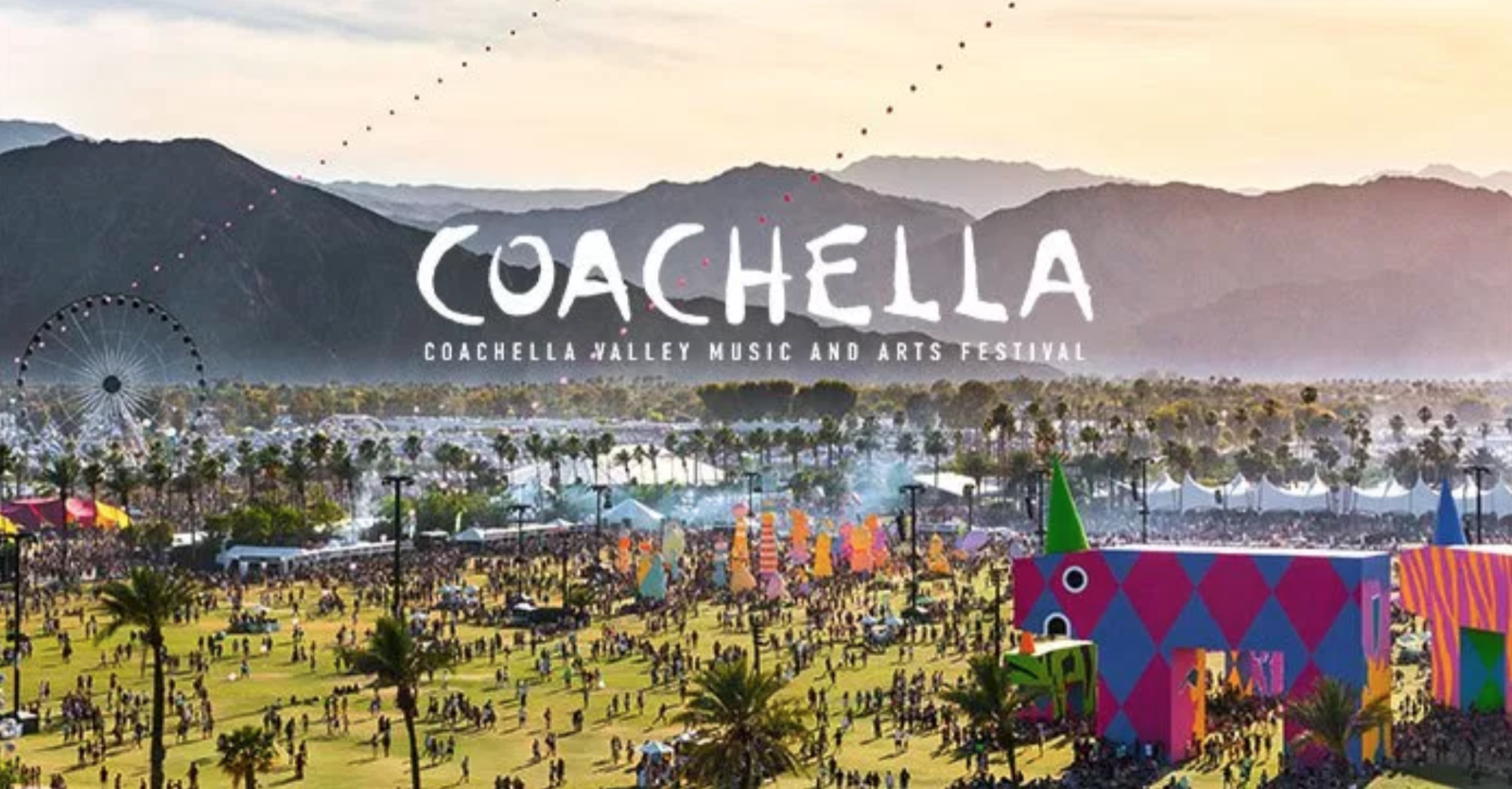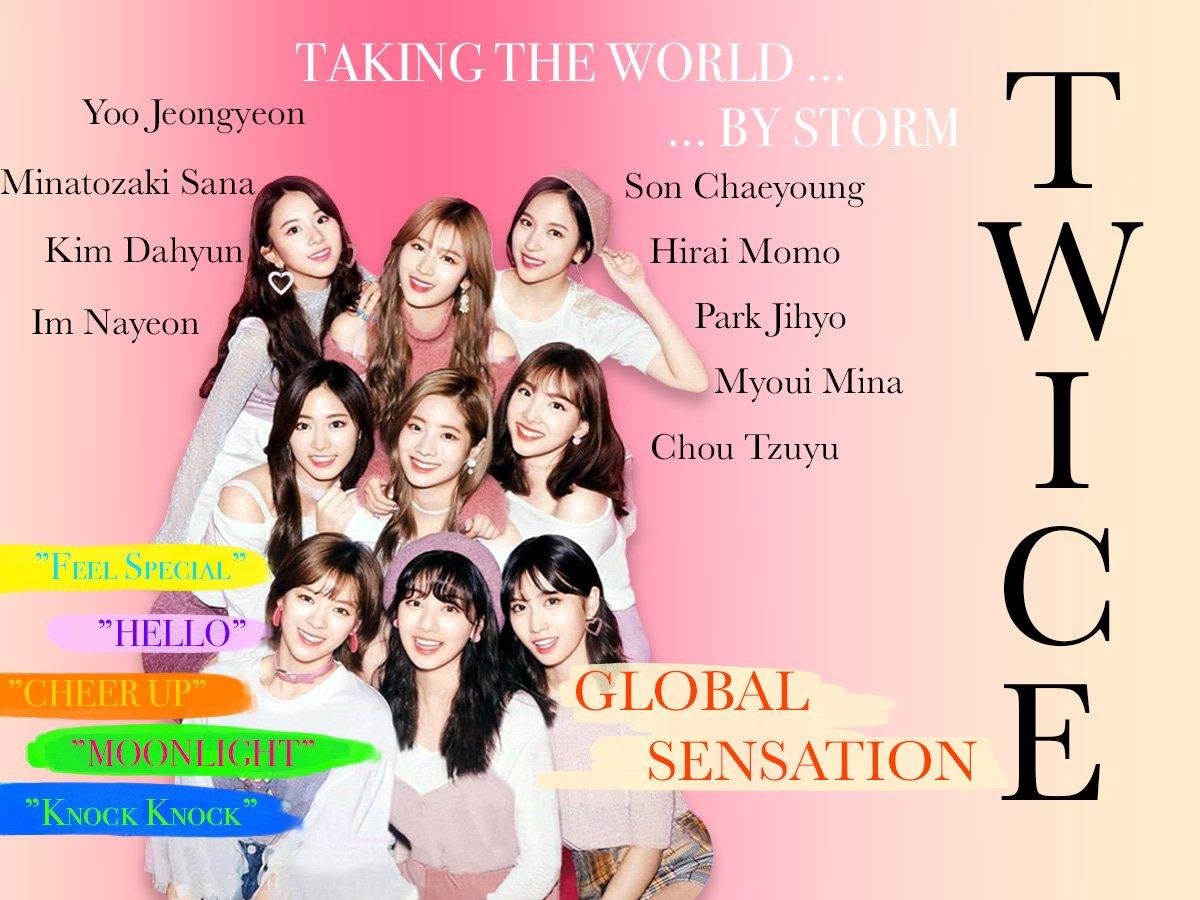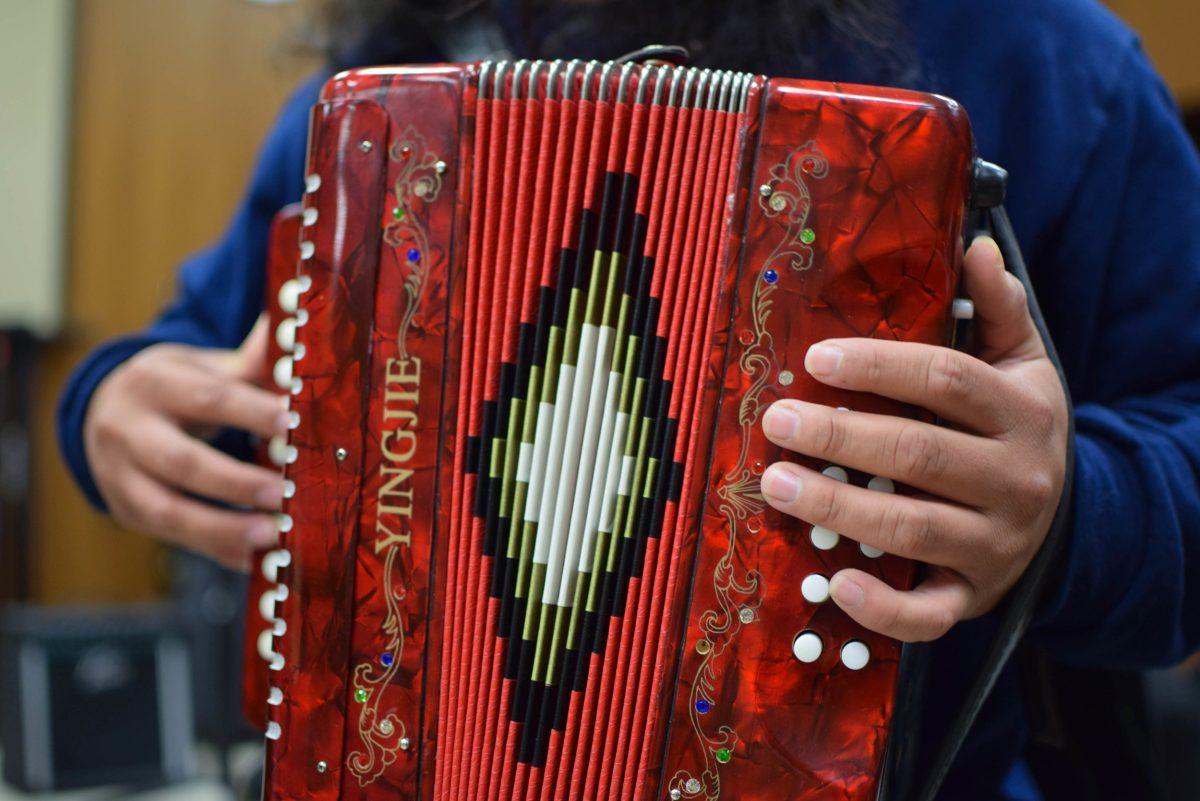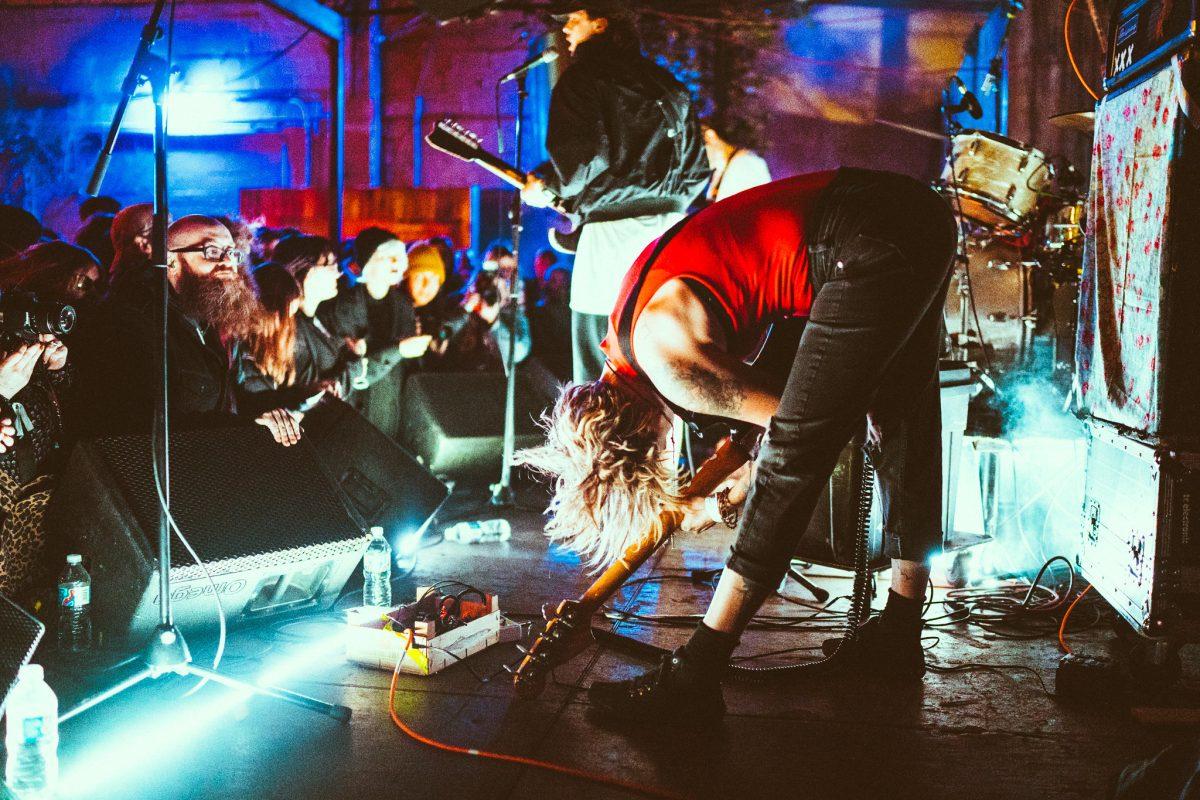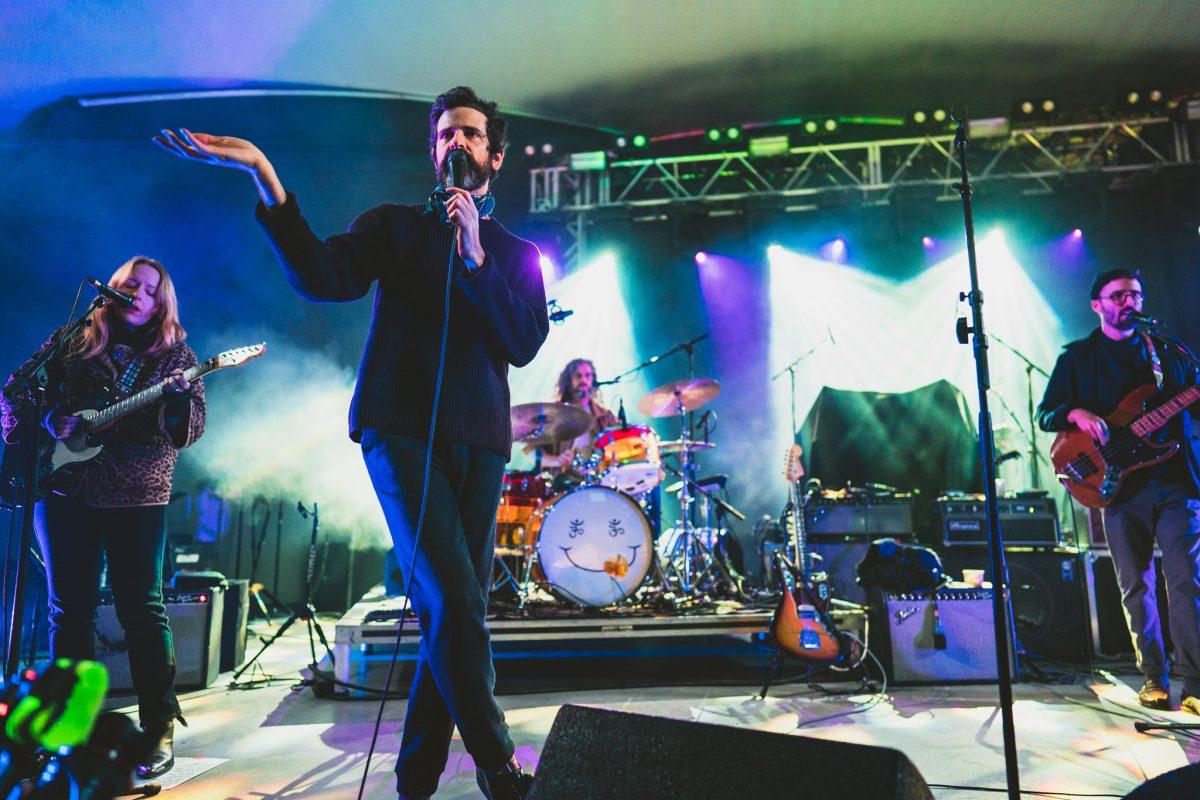Story by Miles Eackles
Woodstock is an anomaly in relation to other music festivals today. The three-day concert series hosted about 400,000 people in 1969 of all ethnicities during a time with horrific racial tensions that still reverberates today but in more insidious ways. It was a weekend that seemed almost peculiar.
Fast forward 50 years and co-founder/co-producer of Woodstock Michae lLang has announced the return of the festival, taking place August 16-18 of this year, that will “give generations of fans the opportunity to join together in the festival’s foundational intent of harmony and compassion.”
There are many music festivals today, but nothing quite compares to the distinctive birth of Woodstock. After struggling to find venues, Lang and his partner, Artie Kornfeld, settled on Bethel, New York. They promised the authorities that there would be a maximum of 50,000 people. Both parties were heedless to the fact that this phenomenon would mark a prodigious moment in music history and the way music lovers come together.
Music festivals are ritualistic events that music enthusiasts save up for in order to enjoy their favorite musicians and also to discover new artists. The energy that exudes from other attendees who share the same love of music only makes their experience more surreal.
Photo courtesy of Quora
Variants of the modern music festival date back to ancient and medieval times. The Pythian Games of ancient Greece included musical performances alongside physical competitions and events parallel to this continued into the Middle Ages. It wasn’t until August 15, 1969 that the music festival metastasized into an event that millions of people look forward to every year.
From Coachella to Bonnaroo to SXSW, festivals have served as place of concentrated joy and with festival season in full swing, Lang plans to replicate the festival that started it all. The full lineup, which was released on March 19th, includes big names such as Jay-Z, The Black Keys, and Miley Cyrus. The lineup also includes more obscure acts like indie band Cherry Glazerr and alternative rocker grandson.
There has been a past attempt of a Woodstock reunion festival, but to say the outcome was dreadful is an understatement. In an interview with Rolling Stone, Lang thought that that Woodstock 30, held in 1999, was “just a musical experience with no social significance.” From a logistical standpoint, the festival was a disaster. Attendees had to walk miles between stages, there was barely any free water, there was a fire in the middle of the Red Hot Chilli Pepper’s set, and several sexual assaults were reported. With these multiple fiascos and the culturally irrelevant lineup, the event was brashly honored as “the day the 90’s died.
The implications set by Woodstock 30 might seem worrisome to people that are planning on attending the festival. However, Lang plans to make Woodstock 50 the complete opposite of Woodstock 30 and more in line with the original Woodstock. For starters, many artists that performed at the original festival such as Dead and Company and John Fogerty are slated to come back this August. A Bethel Woods Music and Cultural Festival is also scheduled to take place at Woodstock’s original location with performances from Ringo Starr and Santana.
Contemporary festivals, such as Coachella and Bonnaroo, tend to focus on other things besides just the music such as notable attendees and brand partnerships “A lot of festivals today are commodified beyond the music,” sophomore Erin Walts said. “Look at Coachella. They manage to book some of the largest musical acts in history, but a large amount of press and hype surrounds brands, fashion and the celebrities attending.”
Photo courtesy of Consequence of Sound
As the festival fast approaches, there is much to be weary about. Leveraging social media and brand partnerships that were absent during the past two Woodstock’s could potentially set it alongside more modern festivals and not merely as a sign of the times.
With tickets going on sale April 22, music lovers can finally experience the event that birthed a ritual many music lovers take part in.
































